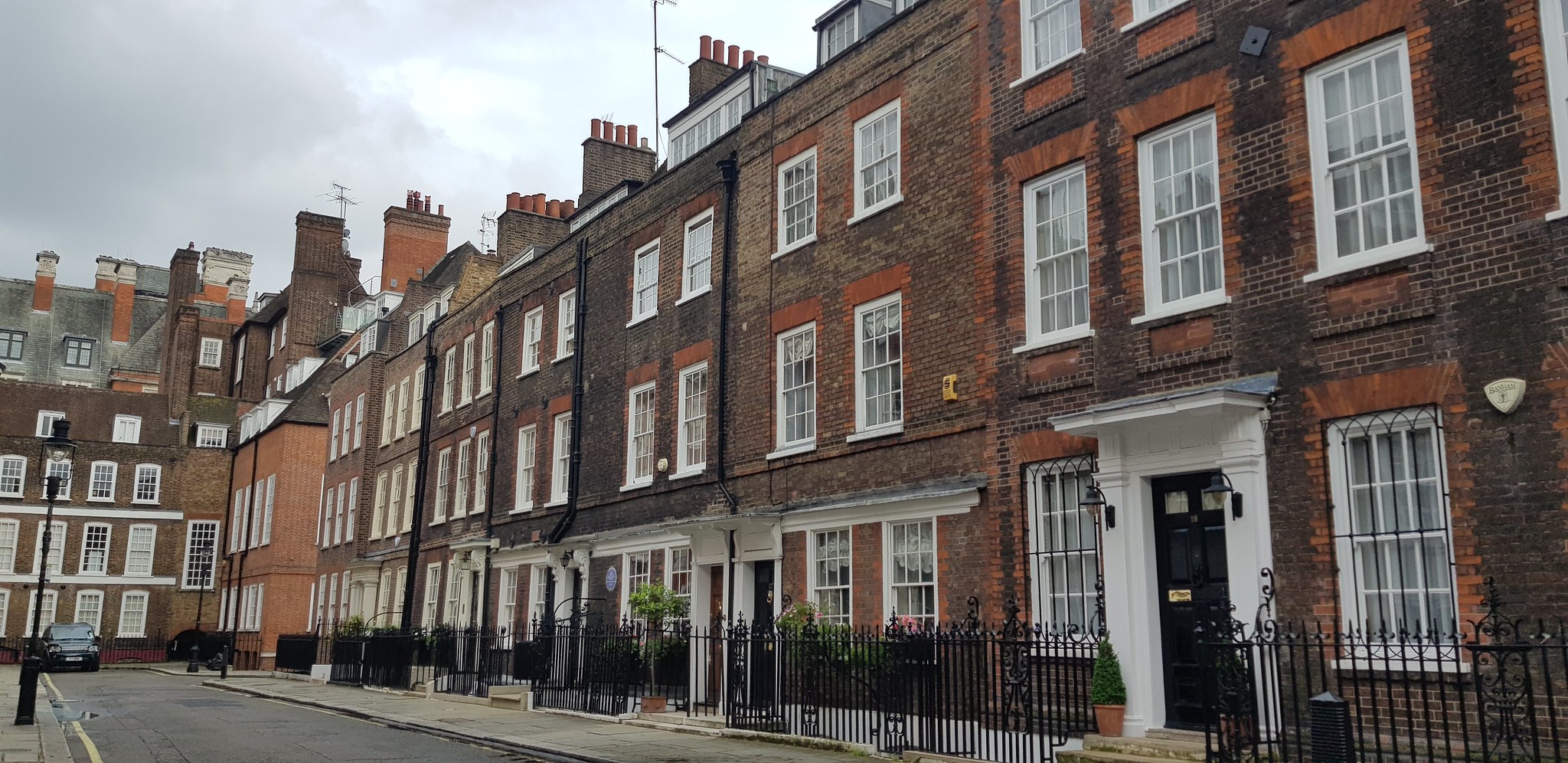
Landlords and prime London homebuyers may be the biggest property losers after the general election, according to Savills.
Buy-to-let investors will have to “wait and see” what happens to tenant’s rights under a new government after the Renter’s Reform Bill “hit the cutting room floor” at the end of the last parliament, says the property agent Lucian Cook in its June residential update.
The wide-ranging legislation, introduced by housing secretary Michael Gove, planned to abolish Section 21 ‘no fault’ evictions, tighten rules around landlord repossessions, improve housing conditions and strengthen local council powers to regulate landlords.
The bill ran out of time, but Labour has pledged to bring back many of these changes if it wins the 4 July poll.
Cook also points out: “Certain buyers in central London will need time to work out what prospective changes in non-doms taxation will mean for them.”
In the March Spring Budget, Chancellor Jeremy Hunt said the non-dom tax regime will be phased out.
From April 2025, people who move to the UK will not have to pay tax on money they earn overseas for the first four years.
After that, if they continue to live in the UK, they will pay the same tax as everyone else.
Hunt said ending non-dom status will raise £2.7bn a year by 2028/29.
However, shadow chancellor Rachel Reeves said that if Labour wins power, it will strengthen the planned reforms.
It would remove a 50% discount in the first year of the new rules and include foreign assets held in a trust within the UK inheritance tax framework.
However, Cook says the rest of the property market will pay closer attention to when the Bank of England will begin to cut the base rate, rather than the course of the election.
The ECB said that eurozone inflation at 2.6% was broadly under control, even though it expected prices to remain above its 2% target throughout this year.
UK money markets responded by moving their expected date for a cut in rates from the BoE, currently at 5.25%, to August from September.
Cook adds: “Across the rest of the market the path of interest rates is likely to play a much bigger role in determining price movements and activity levels over the remainder of the year.”
But he points out: “Many landlords will be watching the path of interest rates and the political rhetoric around the future of the private rented sector very closely.”
Savills report comes as new house price data shows that the average house price in the UK was £288,688 in May, according to Halifax.
The lender says prices were “largely static” after edging down by 0.1% from April. But in the year to May, prices rose by 1.5%.


